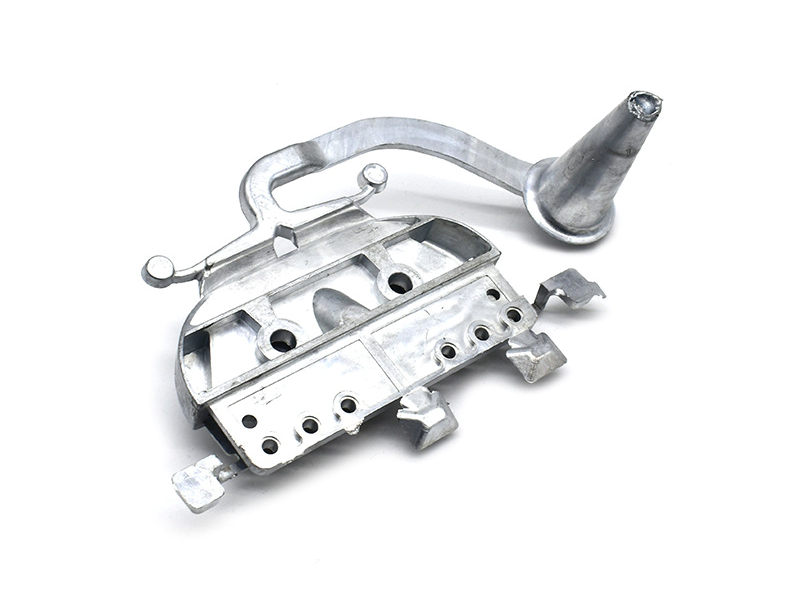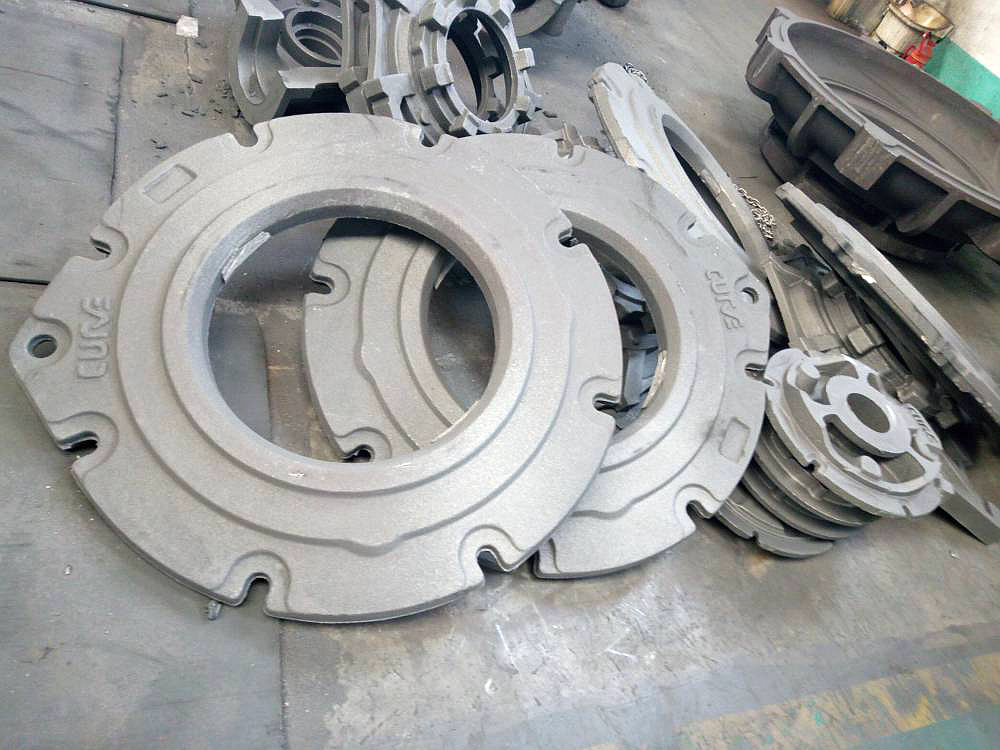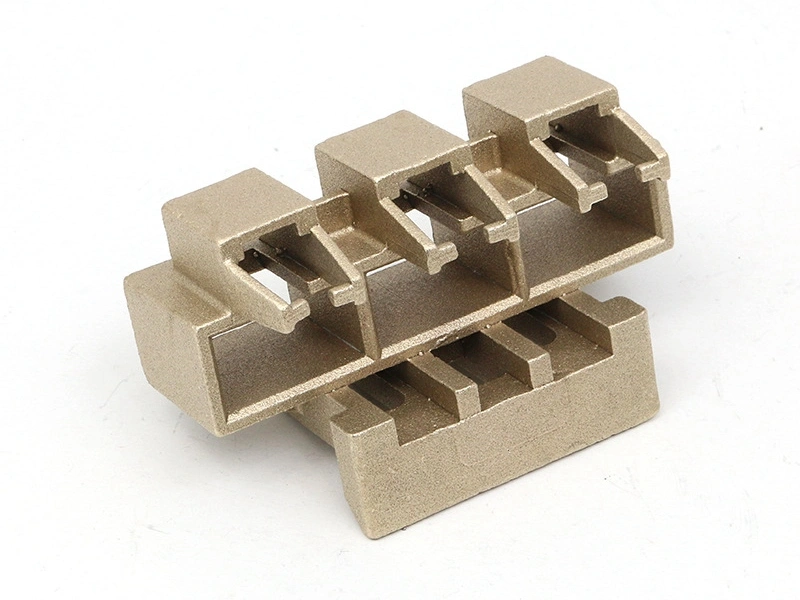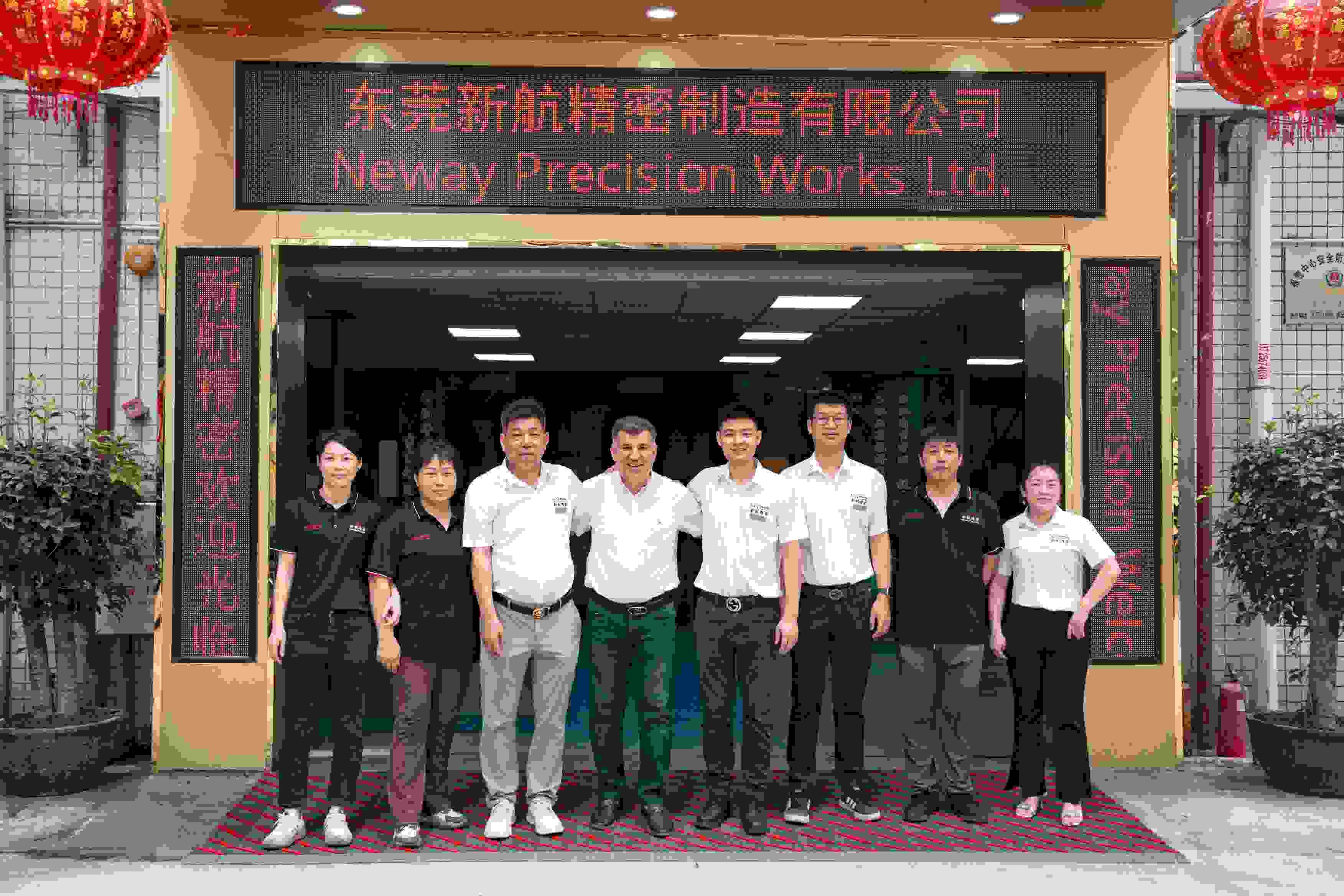When To Choose Aluminum for Die Casting
Selecting the optimal material for die casting plays a crucial role in product performance, production economics, and lifecycle durability. Among the available alloys, aluminum has become one of the most versatile and widely adopted materials in high-pressure die casting. At Neway, our aluminum die casting service is tailored to industries demanding lightweight, corrosion-resistant, and dimensionally stable parts with tight tolerances and high production volumes.
This article provides a detailed technical overview of when aluminum is the right choice for die-cast parts, covering its performance characteristics, best-fit applications, alloy options, and comparison with alternative materials.
Technical Advantages of Aluminum in Die Casting
Aluminum alloys offer an exceptional balance of strength, weight, thermal performance, and manufacturability, making them suitable for high-demand applications across the automotive, aerospace, electronics, and industrial sectors.
Lightweight Mechanical Strength
With a density of approximately 2.70 g/cm³, aluminum is about one-third the weight of steel. Despite its lightweight nature, aluminum die casting alloys such as A380 offer tensile strength levels up to 317 MPa and yield strength in the range of 170 to 190 MPa in as-cast conditions. This enables designers to reduce component mass without sacrificing mechanical performance.
Thermal Conductivity
Aluminum is an excellent thermal conductor, with conductivity values typically ranging from 100 to 140 W/m·K depending on the alloy. This property makes it suitable for parts that require heat dissipation or thermal regulation, such as electronic housings, LED modules, and automotive powertrain components. For instance, A356 alloy, when heat-treated, maintains stable conductivity while supporting elevated mechanical loads.
Dimensional Accuracy and Castability
Aluminum die casting supports part tolerances as tight as ±0.05 mm for critical features and ±0.1 mm for general geometries. Its castability allows for wall thicknesses down to 1.5 mm, enabling the production of complex parts with internal ribs, bosses, and undercuts. These geometries reduce part count, lower weight, and simplify assembly.
Corrosion Resistance and Surface Finishing
Aluminum naturally forms an oxide layer, providing base corrosion resistance in many operating environments. Surface treatments such as anodizing, powder coating, or chromate conversion can further enhance protection. Salt spray resistance, when properly anodized, can exceed 1,000 hours under ASTM B117 testing conditions. These coatings also provide aesthetic color options, UV protection, and electrical insulation.
When to Select Aluminum for Die Casting Projects
Aluminum die casting is the ideal choice under the following technical and operational conditions:
Applications Requiring Lightweight Strength
Reducing weight in automotive and aerospace industries directly translates into improved fuel efficiency and performance. Aluminum die castings are used in:
Transmission housings
Suspension components
EV battery enclosures
Avionics casings and control housings
The strength-to-weight ratio of aluminum allows engineers to meet crash, load-bearing, and vibration resistance requirements while reducing overall system mass.
Complex Geometry and Tight Tolerances
Aluminum's excellent flow characteristics in die casting enable the creation of high-precision parts with intricate geometries. Examples include:
Thin-wall enclosures with integrated bosses and mounting features
Heat sinks with dense fin arrays
Electronics housings with EMI shielding ribs and gasket channels
These parts can often be produced as one-piece castings, eliminating multiple assembly steps and improving system reliability.
Medium to High-Volume Production
Once a steel die is produced, aluminum die casting offers fast cycle times—typically 30 to 60 seconds depending on part size—allowing economical mass production. Dies can last for up to 100,000 to 300,000 cycles when constructed with H13 tool steel and properly maintained, enabling high throughput with consistent quality.
Moderate to Elevated Operating Temperatures
Aluminum maintains dimensional stability and mechanical integrity at service temperatures up to 200 to 250 °C. It is commonly used in power electronics, under-hood automotive applications, and industrial enclosures where thermal stress or cycling is present.
Functional and Aesthetic Surface Requirements
Parts that require secondary operations such as anodizing, painting, or powder coating benefit from aluminum’s compatibility with finishing processes. Surface finishes ranging from Ra 1.6 to 3.2 µm can be achieved through tumbling or sand blasting before coating, ensuring both functionality and cosmetic appeal.
Common Aluminum Die Casting Alloys
Each aluminum alloy provides specific mechanical and physical properties tailored for different applications.
A380
Tensile strength: ~317 MPa
Elongation: ~3.5%
Hardness: ~80 Brinell
Ideal for automotive, electronics, and general-purpose housings
A380 is widely used due to its excellent castability, pressure tightness, and moderate corrosion resistance.
A356
Tensile strength (T6): 275–310 MPa
Elongation: up to 7%
Superior for heat-treated applications needing ductility and toughness
A356 is often used in aerospace and performance automotive applications where fatigue resistance is critical.
AlSi12
Silicon content: ~12%
Excellent for thin-walled components and high-detail castings
High resistance to wear and pressure leakage
AlSi12 is commonly selected for fluid and pressure control components due to its superior fluidity and finish.
Situations Where Aluminum May Not Be Ideal
While aluminum is highly versatile, there are scenarios where other materials may be more suitable:
Components requiring ultra-tight tolerances (<±0.03 mm) may benefit from zinc alloys like Zamak 3 or Zamak 5
Applications with static loading at temperatures above 250 °C should consider alternatives such as steel or copper-based alloys
For very low-volume production (<100 units), sand casting or urethane casting may provide lower tooling costs and faster turnaround
Engineering Support from Prototype to Production
Neway provides full support throughout the product lifecycle:
Design for Manufacturability (DFM) consultation for geometry, draft angle, and material efficiency
Mold flow simulation to optimize gating and cooling before tool cutting
Rapid prototyping using SLA, SLS, or CNC-machined soft tools
Tool and die production with H13 or P20 steel, heat treated to 44–52 HRC
In-house post-machining, finishing, and assembly services for turnkey delivery
With over 20 years of die-casting experience, we work with engineers, project managers, and buyers to deliver parts that meet all mechanical, environmental, and economic targets.
Conclusion
Aluminum die casting is preferred when your part requires low weight, high strength, thermal conductivity, corrosion resistance, and mass production capability. From consumer electronics to automotive drivetrains, its versatility supports various technical applications. At Neway, our aluminum die casting service is designed to deliver reliable, cost-effective solutions that reduce development risk and enhance product performance.
If you’re unsure whether aluminum is the best fit for your next project, contact us for a detailed evaluation or quote.
FAQs
What makes aluminum better than zinc for die casting in structural applications?
Can aluminum die cast parts be used in high-temperature environments?
What are the thinnest wall thicknesses achievable with aluminum casting?
Is aluminum die casting suitable for aesthetic, consumer-facing components?
What are the typical lead times for aluminum die casting production?



